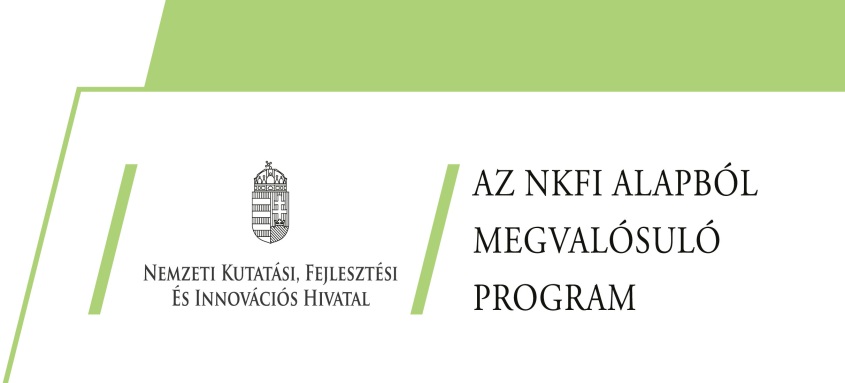Wattmanager’s task for Spring 2019 was to measure the ecological footprint of Budapest Bank, client of WWF Hungary and to make recommendations to reduce it.
The measurement was applied for Budapest central office, Békéscsaba central office and 3 other offices of the branch network. It included the carbon footprint deriving from electricity usage, heating, company car usage, meals, water usage, paper usage and electrical waste.
Wattmanager took into consideration the following aspects: we focused on actions with multiple benefits and chose recommendations based on well-tried practical examples. Safety was one of the primary aspects, and we preferred solutions with economical benefit. Recommendations for different types of building:
- Electricity (solar panels to facades and rooftops; changing power supplies; heat pump boilers): 3278 tCO2eq of emission, from which 765 tCO2eq can be saved, which means 23% of saving
- Transportation (changing tyres; energy saving engine oil; in case of electric vehicles, solar carport with wooden structure; quick chargers): 1975 tCO2eq of emission, from which 524 tCO2eq can be saved, which means 26% of saving
- Heating (heat mirror; loft insulation): 1202 tCO2eq of emission, from which 353 tCO2eq can be saved, which means 29% of saving
- Other savings (water usage; meals; aviation; paper usage; electrical waste): 64 tCO2eq of saving, which means 18% of saving
It is clearly shown with the help of the former savings that conscious behavior can reduce the ecological footprint of buildings. Our customer expected a 25% of carbon footprint saving by 2025. This reduction can be implemented under the mentioned conditions and they can take steps towards sustainable operation. The main part of CO2-emissions comes from electricity generation and usage, therefore the primary task was to reduce the emissions on this field. We could manage it mostly by applying solar panels.

